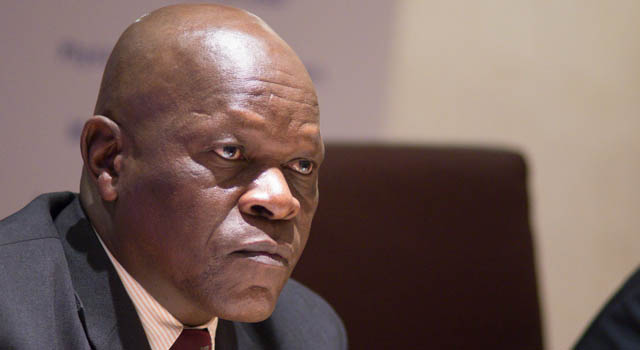
The provincial government in Gauteng has outlined details of a R396m “e-learning solution” designed to replace the controversy-ridden R2,2bn Gauteng Online. It will involve the roll-out of 88 000 Android-powered tablet computers made by China’s Huawei to 2 200 government schools.
With the Gauteng Online project, a company called Cloudseed (formerly SMMT), was appointed to manage the project. Government leased hardware from Cloudseed and relied on the company for connectivity, but it failed to connect 500 of the 2 200 schools it was meant to serve.
This time, government has decided to purchase hardware — in this case tablets — outright at a cost of R289m, and will spend a further R107,2m on providing network access. Despite its dissatisfaction with Cloudseed’s performance in the past, the province has again awarded the company a tender, although this time for providing connectivity only.
The provincial government’s head of finance, Stuart Lumka, says Cloudseed won the contract in an open tender and was appointed because it came in at the lowest price.
“It was a 90/10 tender, with a weighting of 90% on price, and 10% on technical proficiencies,” he says. “It was a price battle.”
Service level agreements that form part of the contract include “very punitive clauses in the event of lack of delivery”, says Lumka.
“If the network uptime drops below 95%, that will be a non-performance issue that will be punishable by clauses in the contract.”
When Cloudseed’s 24-month contract to provide Wi-Fi and 3G connectivity concludes in January 2016, it will be replaced by the Gauteng Broadband Network, which is expected to be completed by then.
Cloudseed will receive its money monthly in arrears, rather than once off.
Finance MEC Mandla Nkomfe says Huawei will provide each of the 2 200 schools with 40 10-inch tablets which will remain the property of the Gauteng government.
“The rebranded e-learning solution will be rolled out at the beginning of next year and all 2 200 schools are to be up and running in January 2014 when schools reopen,” Nkomfe says.

“All payments will flow on receipt of satisfactory service delivery,” Nkomfe says, adding that Huawei will provide training for teachers and will be responsible for outsourcing maintenance and support functions to local entrepreneurs.
Lumka says the province has “learnt its lesson” from the Gauteng Online debacle. “It was a large investment that left us with nothing to show for it,” he says. “This time we opted for the outright acquisition of the hardware, which will then belong to government.”
He says that although government would ideally have liked to supply every pupil with a tablet, this was economically not feasible. “The average number of learners per class is around 40, so at least every learner, when they go to a lab, will have a device.” — (c) 2013 NewsCentral Media




